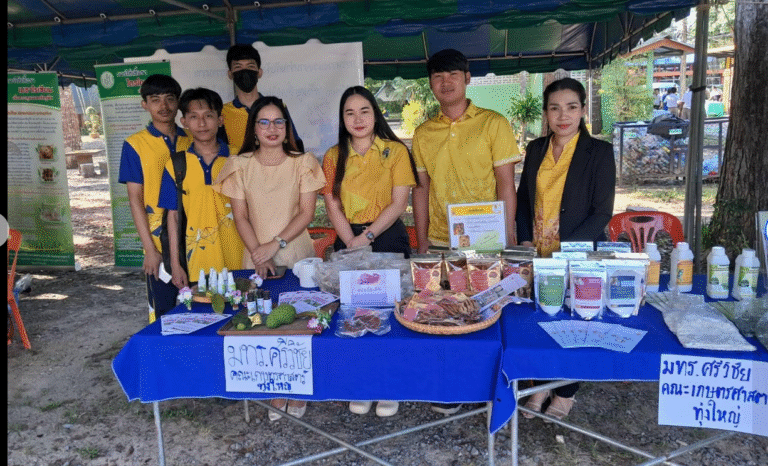Reporters: Mr. Sujinda Saehan, Mr. Ekkajak Intarat, Mr. Nitigon Jumniansuk, Mr. Thanet Sangseejun
Evidence Date: May 2nd, 2024
Related SDGs: 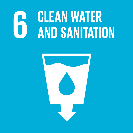
Related Indicators: 6.5.1, 6.5.2, 6.5.4, 6.5.5
Details:
The Songkhla Lake Basin is one of Thailand’s most significant water systems, supporting diverse ecosystems, agricultural areas, and local communities. However, the basin faces growing challenges, including salinity intrusion, pollution, and the impacts of climate change, which threaten water quality and ecosystem stability. Recognizing the need for integrated and data-driven solutions, Rajamangala University of Technology Srivijaya (RUTS), Songkhla Campus, and the Hydro–Informatics Institute (HII) under the Ministry of Higher Education, Science, Research, and Innovation (MHESI) have joined forces to advance sustainable water management through academic collaboration and technological innovation.
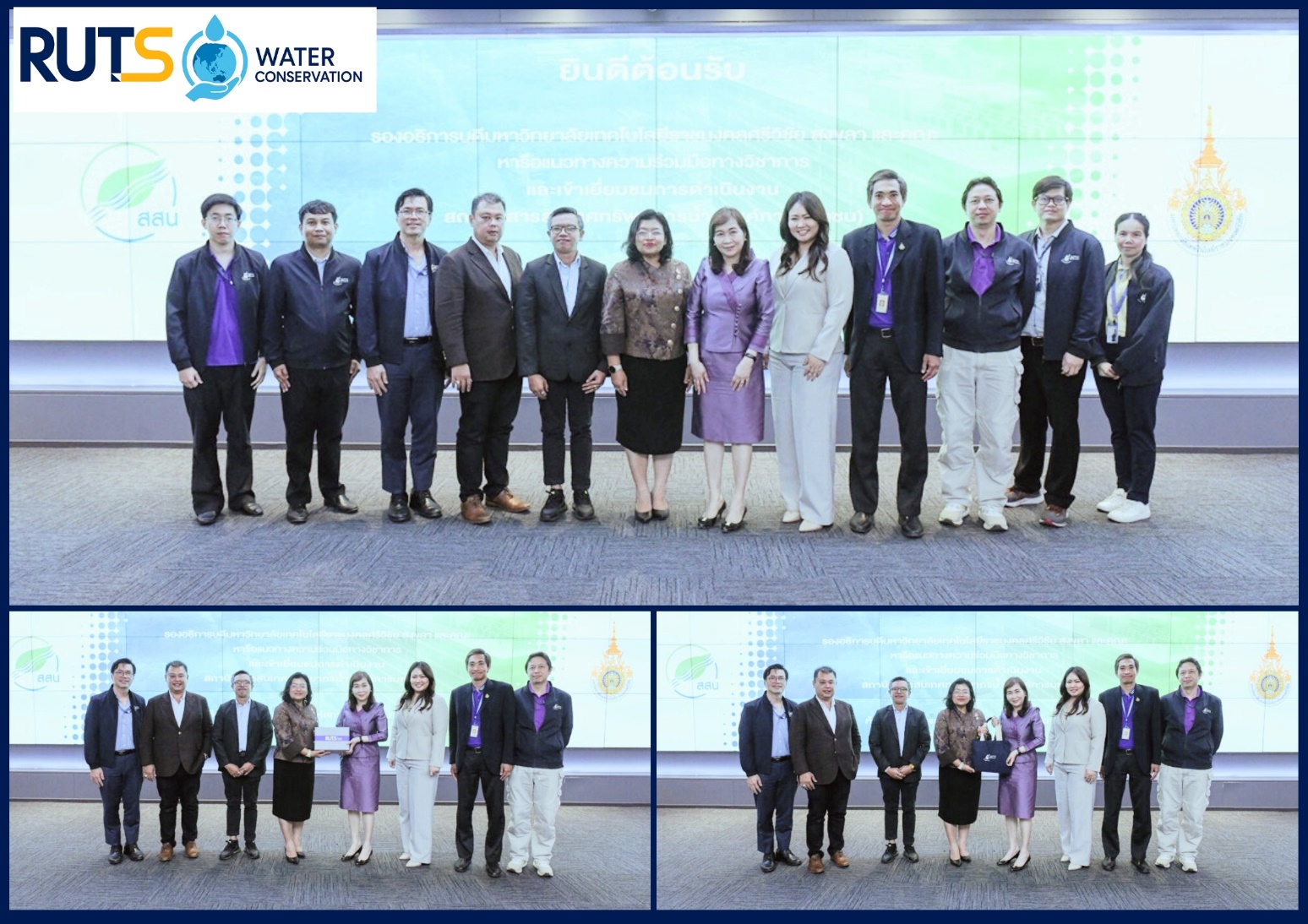
On May 2, 2024, Associate Professor Dr. Kwanhathai Jaipiam, Vice President of RUTS Songkhla Campus, led a group of faculty members to visit HII for discussions on academic cooperation and to explore new water-related technologies. The delegation was warmly welcomed by Dr. Roiboon Rasmiteat, Director of HII, together with the institute’s executives and technical staff. During the visit, the RUTS team explored the exhibition titled “From Sky, Through Mountains, to the Great River,” which showcases Thailand’s integrated approach to water resource management. They also observed the operation of High-Performance Computing (HPC) technology, an advanced system used by HII for analyzing large-scale hydrological and environmental data to support decision-making in water management.
The meeting focused on developing a joint framework for water data management and salinity monitoring within the Songkhla Lake Basin, identified as a pilot area for collaborative research. The initiative aims to enhance the THAGRI Central Data Warehouse System under the Bio–Circular–Green (BCG) Economy Model, which integrates innovation, environmental protection, and efficient use of resources for sustainable economic growth. Moreover, the collaboration supports the implementation of the MHESI Front Operations Unit to promote community-based water management and establish a National Front-End Water Data Center to serve as a regional hub for water information and knowledge sharing. These initiatives collectively aim to improve data accessibility, promote evidence-based decision-making, and strengthen the capacity of local communities to manage their water resources sustainably.
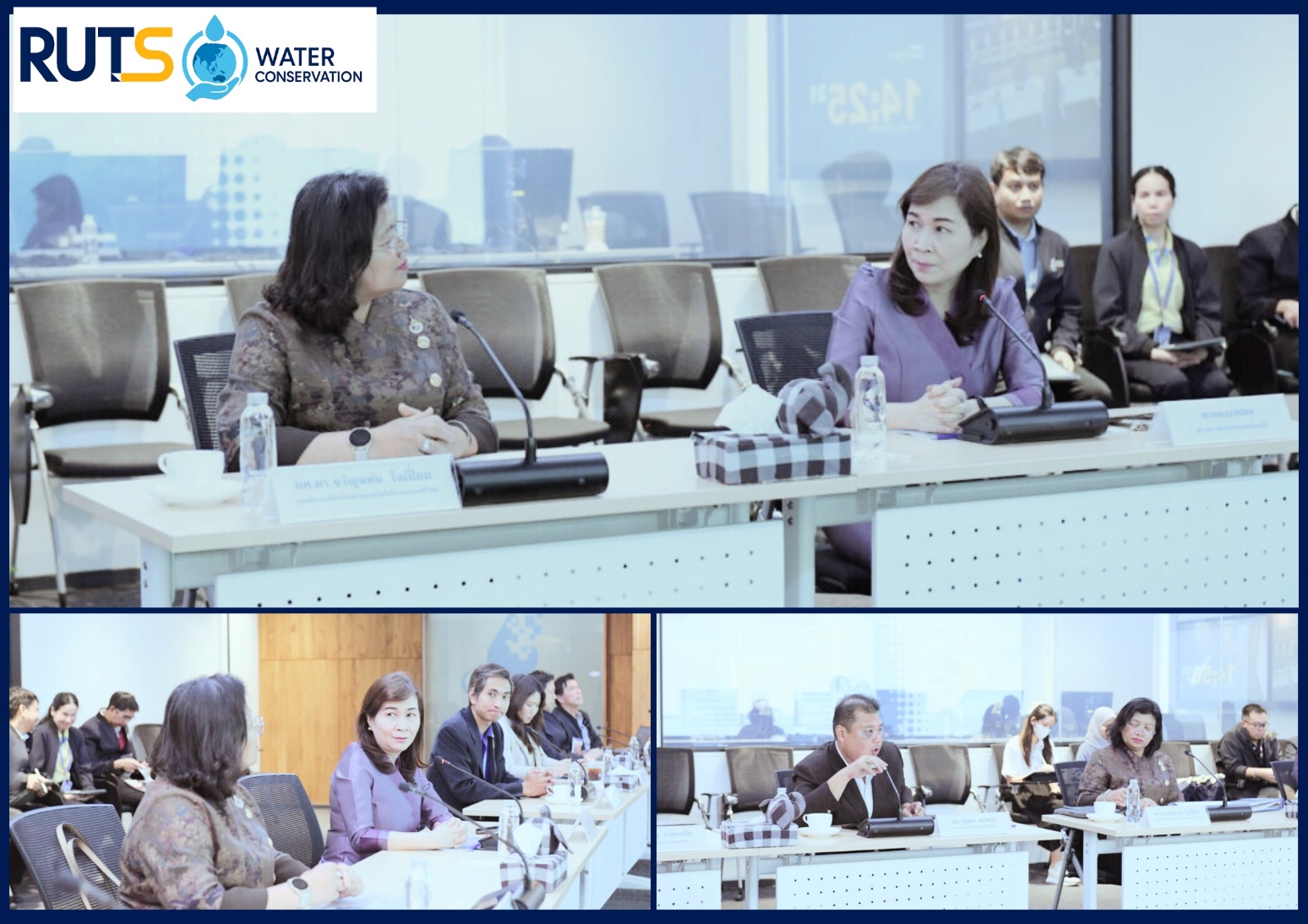
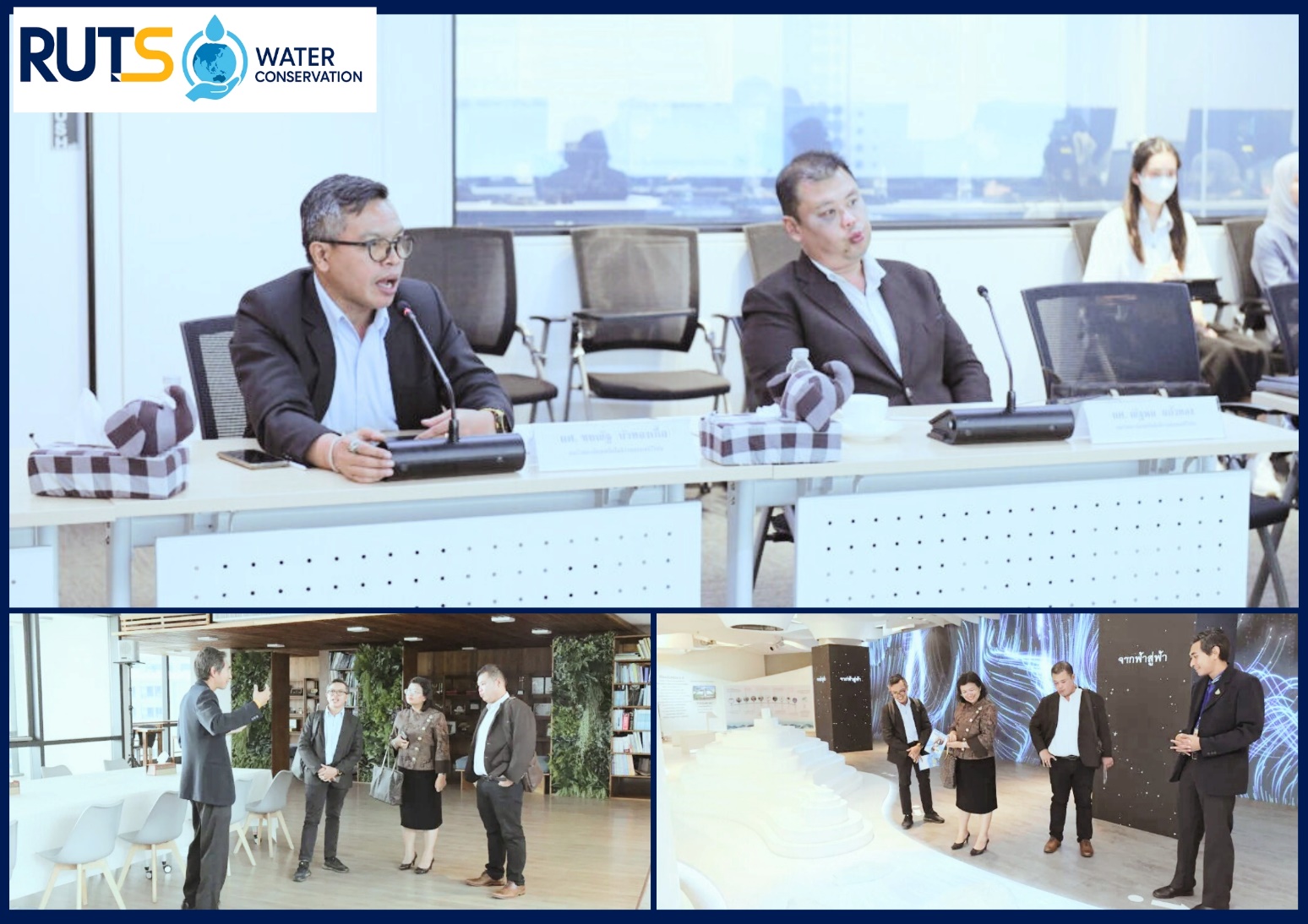
In the forthcoming phase, RUTS and HII plan to formalize their cooperation through a Memorandum of Understanding (MoU) to advance long-term academic and technical collaboration. The focus will be on water resource research, environmental data analysis, knowledge transfer, and capacity building for students, researchers, and local communities. This partnership not only enhances academic cooperation but also contributes to the national strategy for sustainable development under Thailand’s BCG Economy Model.
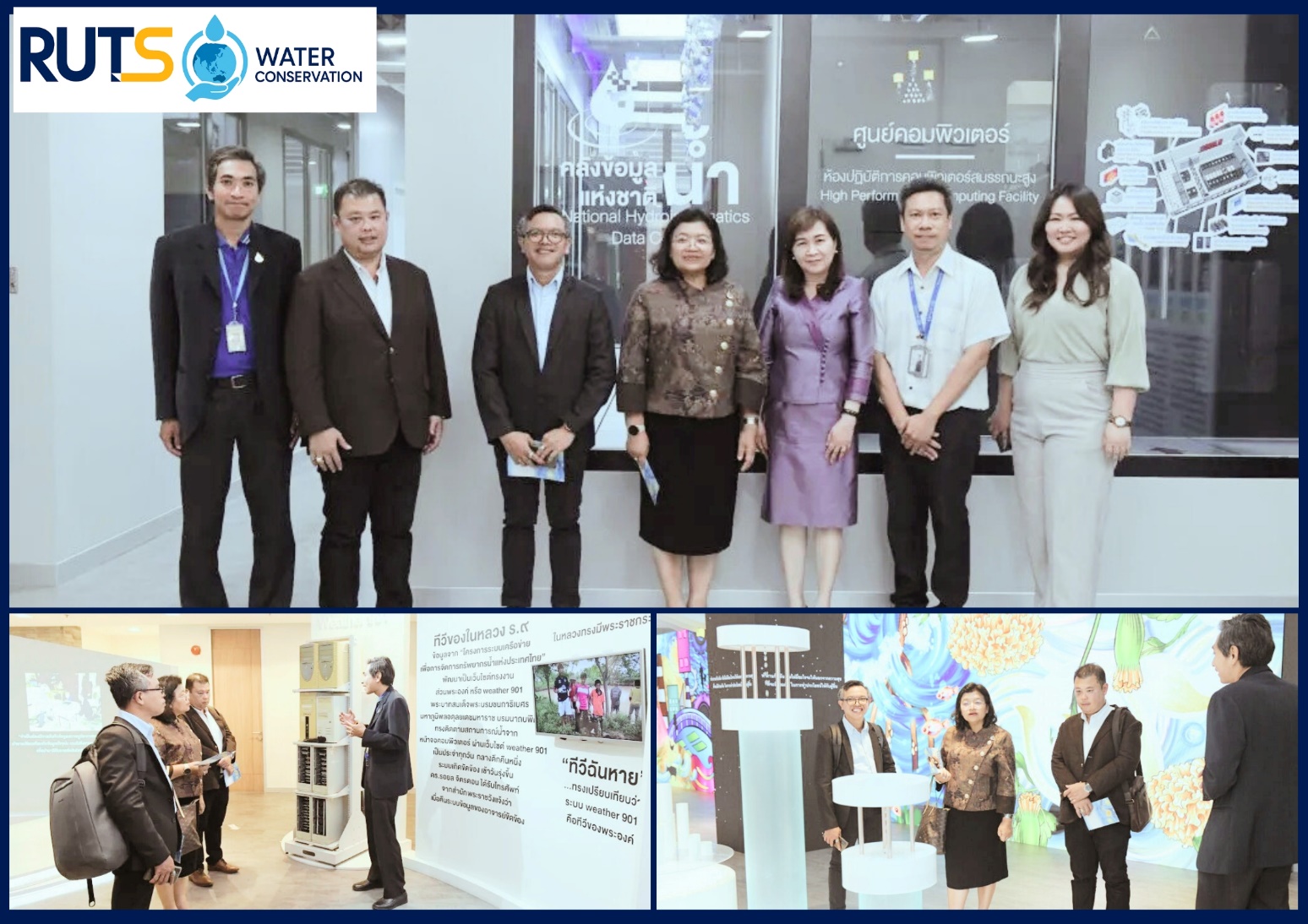 This collaborative effort directly contributes to the achievement of Sustainable Development Goal 6 (SDG 6): Clean Water and Sanitation, which seeks to ensure the availability and sustainable management of water for all. In particular, it supports SDG Target 6.4, by promoting efficient water use and developing salinity monitoring systems to maintain water quality in the Songkhla Lake Basin. It also advances Target 6.5, by implementing integrated water resource management (IWRM) through collaboration among academic, governmental, and community stakeholders. Furthermore, it contributes to Targets 6.a and 6.b, which emphasize national cooperation and community participation in water management, through the integration of data platforms and the engagement of local communities in water conservation practices.
This collaborative effort directly contributes to the achievement of Sustainable Development Goal 6 (SDG 6): Clean Water and Sanitation, which seeks to ensure the availability and sustainable management of water for all. In particular, it supports SDG Target 6.4, by promoting efficient water use and developing salinity monitoring systems to maintain water quality in the Songkhla Lake Basin. It also advances Target 6.5, by implementing integrated water resource management (IWRM) through collaboration among academic, governmental, and community stakeholders. Furthermore, it contributes to Targets 6.a and 6.b, which emphasize national cooperation and community participation in water management, through the integration of data platforms and the engagement of local communities in water conservation practices.
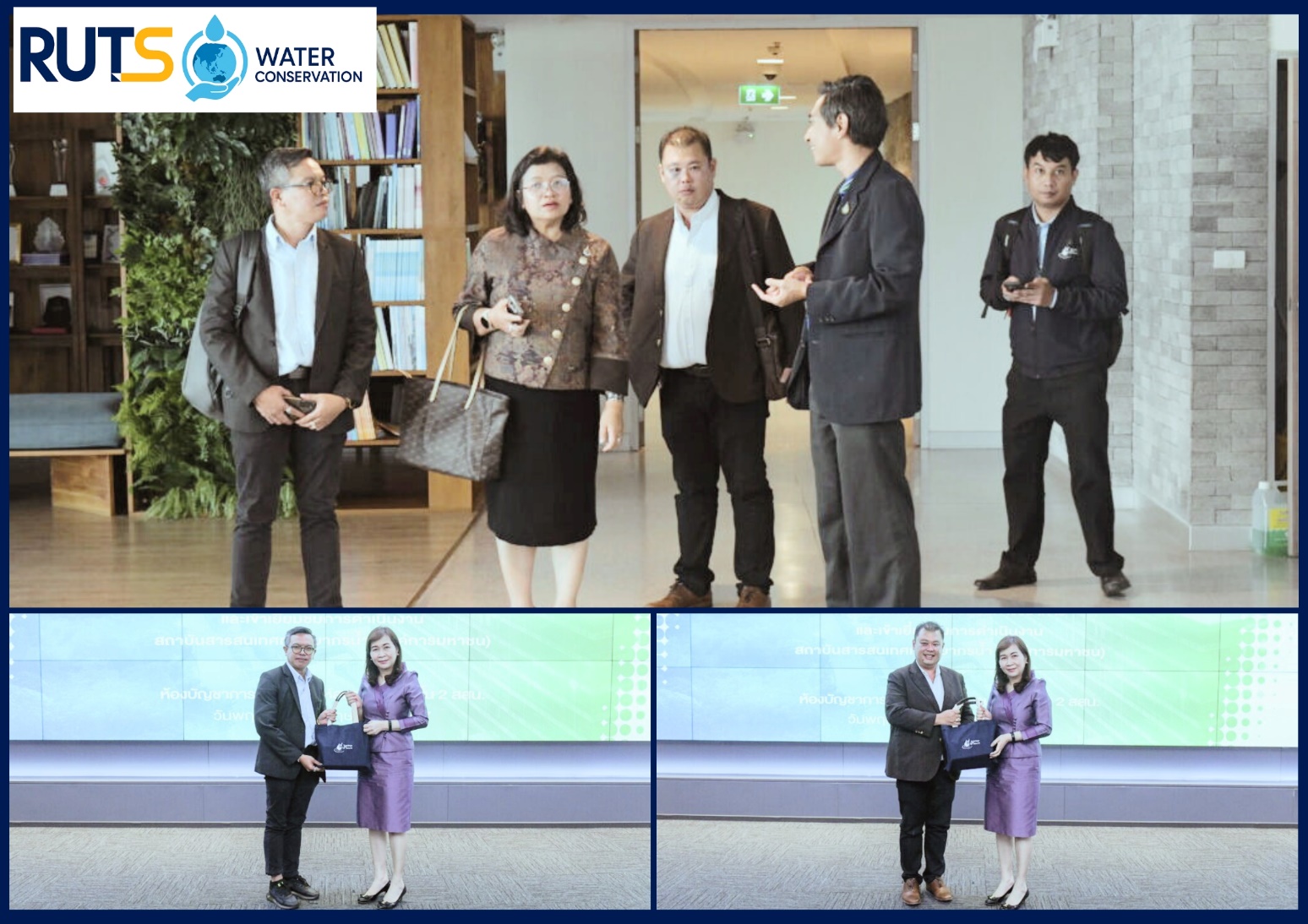
Beyond SDG 6, this initiative also aligns with SDG 13 (Climate Action) and SDG 17 (Partnerships for the Goals). By developing climate-resilient water management strategies and building networks between government agencies, academia, and local communities, the project enhances Thailand’s adaptive capacity to respond to environmental changes. It also promotes the sharing of knowledge, innovation, and best practices across institutions.
In conclusion, the collaboration between the Hydro–Informatics Institute and Rajamangala University of Technology Srivijaya represents a significant step toward advancing sustainable and integrated water management in southern Thailand. Through the use of scientific innovation, data analytics, and community engagement, the partnership not only supports national and global sustainability goals but also serves as a model for collaborative water governance. By embedding sustainability, research, and innovation into its academic mission, RUTS continues to demonstrate its strong commitment to protecting natural resources and achieving the objectives of SDG 6: Clean Water and Sanitation.
Related Links:



